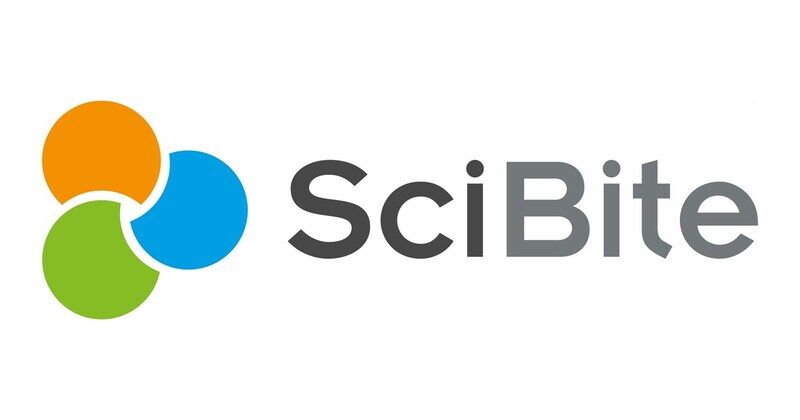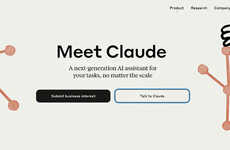
Elsevier's New 'SciBite Chat' Uses Advanced LLMs for Answers
Colin Smith — May 15, 2024 — Tech
References: scibite & drugstorenews
Elsevier has recently launched SciBite Chat, a new service built on the SciBite Search platform, which is known for its search capabilities in the life sciences sector. SciBite Chat utilizes advanced AI, specifically Large Language Models (LLMs), to process natural language queries and provide answers. The service combines semantic search with a Retrieval Augmented Generation (RAG) architecture, enabling it to offer search results that are both relevant and informed by expert knowledge encapsulated in ontologies.
SciBite Chat aims to deliver a trustworthy and transparent search experience by presenting direct quotes from source documents and the SciBite Search query language that led to those results. This feature is particularly important in the regulated environment of life sciences research, where explainability and reproducibility are essential. The chat interface of SciBite Chat allows users to interact with their data in a conversational manner, enhancing the overall search process. The foundation of the service is built upon the principles of accuracy, transparency, and adaptability, supported by SciBite’s specialization in the life sciences, to ensure that the search outcomes are precise, clear, and flexible to meet different organizational requirements.
Image Credit: Elsevier
SciBite Chat aims to deliver a trustworthy and transparent search experience by presenting direct quotes from source documents and the SciBite Search query language that led to those results. This feature is particularly important in the regulated environment of life sciences research, where explainability and reproducibility are essential. The chat interface of SciBite Chat allows users to interact with their data in a conversational manner, enhancing the overall search process. The foundation of the service is built upon the principles of accuracy, transparency, and adaptability, supported by SciBite’s specialization in the life sciences, to ensure that the search outcomes are precise, clear, and flexible to meet different organizational requirements.
Image Credit: Elsevier
Trend Themes
1. AI-driven Knowledge Retrieval - The utilization of AI in knowledge retrieval systems can dramatically improve the precision and relevance of search results in specialized fields.
2. Conversational Interfaces - Conversational interfaces in data interaction offer a more intuitive search experience, enabling users to seamlessly access complex information.
3. Explainable AI - Explainable AI models ensure transparency and reproducibility in search results, addressing critical needs in regulated industries.
Industry Implications
1. Life Sciences - In life sciences, advanced AI search tools can facilitate more accurate and compliant data retrieval, vital for research and development.
2. Healthcare - Healthcare can benefit from AI-powered search interfaces that streamline data access and enhance patient care through more informed decision-making.
3. Pharmaceuticals - Pharmaceutical industries can leverage AI to improve drug discovery processes by accessing and analyzing vast datasets with greater efficiency.
7.8
Score
Popularity
Activity
Freshness























